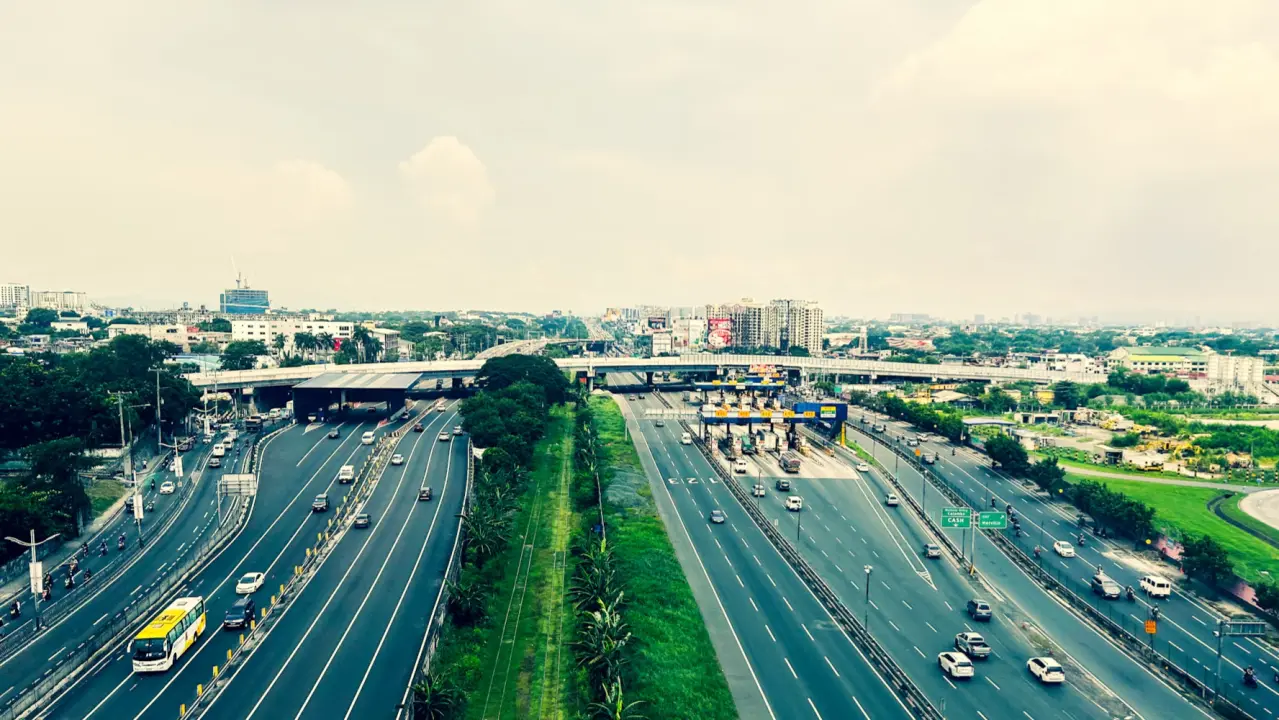Updated 18 April 2025 at 13:49 IST
FASTags Out, GPS In: New Toll Collection System Coming Soon Across India – Why This Shift?
The new GPS-based toll collection and monitoring system offers a solution by eliminating physical toll booths and introducing distance-based toll collection.
- India News
- 3 min read

New Delhi: NHAI to soon introduce new toll collection system. New toll system will replace the FASTag system with a cutting-edge satellite-based GPS toll mechanism. The innovative system, set to debut in May 2025, is aimed at improving efficiency, reducing congestion, and ensuring fair toll charges for commuters travelling across the country.
Here's a detailed look at why this shift is happening, how the system will work, and what it means for commuters.
Why Transition from FASTags to GPS?
FASTags, introduced in 2016, revolutionised toll collection by automating payments and reducing queues at toll plazas. However, limitations such as long waiting times during peak hours, operational glitches, and scope for misuse highlighted the need for a more advanced and reliable system. The new GPS-based toll collection and monitoring system offers a solution by eliminating physical toll booths and introducing precise distance-based toll collection.
How the GPS-Based Toll Collection Works
The satellite-based toll collection mechanism leverages Global Navigation Satellite System (GNSS) technology to track vehicles in real-time. Each vehicle will be equipped with an On-Board Units (OBU) that records its journey on national highways. Toll charges will be calculated based on the exact distance travelled, ensuring that users pay only for the portion of the highway they use.
Advertisement
Digital Payments Collection
Toll payments will be automatically deducted from linked digital wallets or bank accounts, making the process seamless and eliminating the need for cash transactions or card swipes.
Advertisement
Benefits of the GPS-Based Tolling System
This advanced system comes with several advantages for commuters and authorities such as,
- Fair and Transparent Charges: Unlike the traditional plaza-based system, the GPS toll system charges users strictly for the distance they cover, reducing unnecessary expenses.
- Elimination of Toll Booths: The removal of physical toll plazas will eliminate congestion and long wait times at highway entry and exit points.
- Environmental Benefits: Smooth traffic flow reduces carbon emissions caused by vehicles idling at toll booths, contributing to cleaner air.
- Ease of Enforcement: Real-time vehicle tracking ensures greater transparency, while reducing opportunities for evasion or fraud.
- Reduced Operational Costs: With automated tolling, the need for manpower and maintenance at toll plazas will significantly decline.
The National Highways Authority of India (NHAI) has been testing the system on selected stretches, including the Bengaluru-Mysuru and Panipat-Hisar highways, with promising results. The initial rollout will prioritise commercial vehicles like trucks and buses, followed by private vehicles in later phases. The government plans to work closely with stakeholders to ensure a smooth transition.
What This Means for Commuters?
The new GPS-based highway toll collection ensures major leap forward in India's highway infrastructure. For commuters, it promises reduced travel time, fair toll rates, and an overall more convenient travel experience.
Get Current Updates on India News, Entertainment News, Cricket News along with Latest News and Web Stories from India and around the world.
Published By : Rishi Shukla
Published On: 16 April 2025 at 18:30 IST
